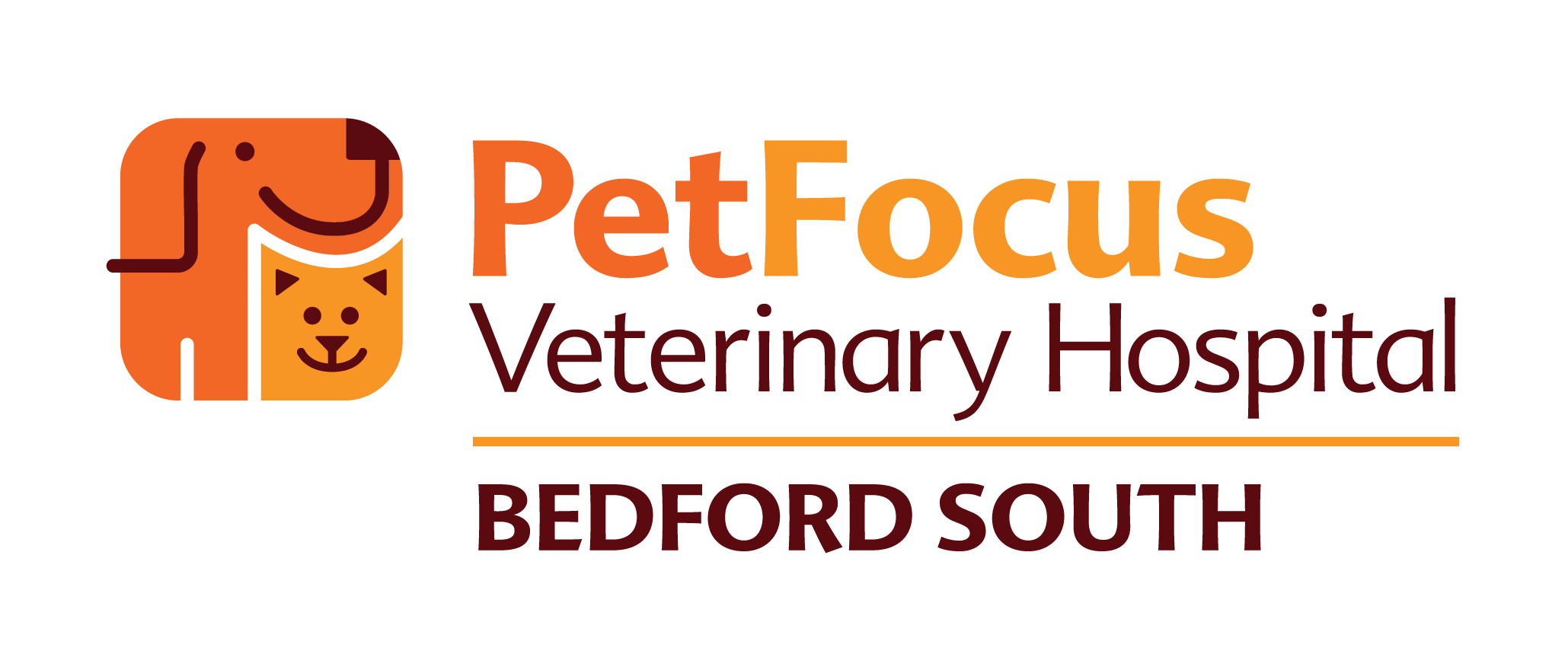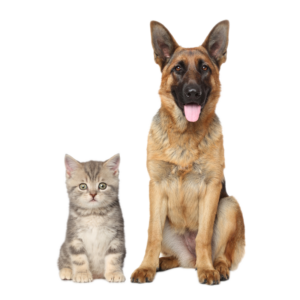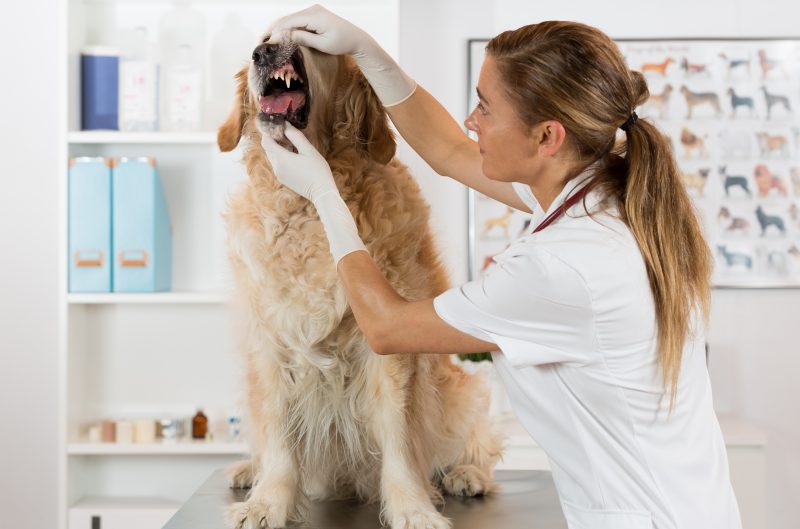One of the most overlooked, yet most important, areas of health care in our pets is dental care and hygiene. As children we are told by our teachers and dentists to brush twice a day, floss, have routine cleanings, and much more. From experience, most of us know what happens if you neglect this care: cavities, pain, rotten teeth, smelly breath, loss of teeth, and much more. These issues happen to our pets too!
The veterinary community has started to educate clients more on the importance of prevention of dental disease as well as routine examinations, cleaning, radiology, surgical extractions, and home care because this stigma of dental health in our animals is so over-looked.
Prevention of dental disease promotes the overall health of our pets. Diseased teeth can transfer disease throughout the body through the mucus membranes easily. Because of this, we need to start by making this disease stop before it has a chance to start.
The first step in prevention is the same as with humans; brushing. Brush your animal’s teeth at least twice a day using animal-safe toothpaste (human toothpaste can be toxic to animals). There are multiple ways to do this, Bedford South PetFocus’ veterinary technicians can show you how if you have any questions. Next, dental water additives and treats are available. Using the instructions on the package, you dilute the additive into the pet’s water dish, and it cleans their teeth as they drink! Also, we have many dental treats available that clean their teeth as they chew! Easy!
The next step in prevention is dental diets. Dental food offered by us comes in two different brands depending on what works best for your pet. Some animals tend to eat their food without chewing; these diets prevents that. They are made into kibbles that are about four times the size of regular kibble (there are smaller bites available). They also have healthy additives in them that clean the teeth as they chew: they are having their teeth brushed as they eat! The bonus to this food is that it is very palatable, so the animals love it as treats too! Even if your pet is on a special diet, adding in a few of these kibbles is a good idea.
Routine examinations for our pets should be done every 6-12 months with your vet. This keeps your pet up to date on vaccines, parasite prevention, and wellness bloodwork- but also to keep us updated on the state of their teeth! If your pet hasn’t had their teeth cleaned before, they may need them done. Because of this, you can examine them at home! All you have to do is flip their lips in the mouth and look at their teeth. Do you see anything other than pink gums and white teeth? Is there a bad odour? Is there blood? Have they had troubles eating or stopped eating? These are all signs you need to bring in your pet for a dental assessment and possible cleaning.
These cleanings are done under full anesthesia to help keep your pet from moving during the procedure so the technician can clean every single side and aspect of the teeth. We will scale and polish every tooth, perform dental radiology to determine if there are any abscessed roots or decaying bones (yes this can happen!) that may be causing your pet pain. Not only are these things important to their overall health, but to their wellbeing as well. An animal that isn’t eating from painful teeth is not getting the nutrition they need to sustain themselves. This creates a domino effect that can lead to a very sick and unhappy pet. These diseased and painful teeth need to be extracted.
Dental extractions are done mostly by the veterinarians. This is completed after a full cleaning of the mouth and teeth has been done by a technician. The technician then does a local nerve block to prevent any pain, radiographs the teeth, and then the doctor would extract the tooth if there was any concern it was causing issues. Pain control is always important in these patients. We provide a pain control medication in part of our sedation before surgery, during surgery, after surgery, and when they go home. As well, if the mouth was diseased enough antibiotics may be needed. Once the animal is home, they are to be fed softened kibble or canned food for 3-4 weeks. The majority of the time these animals come in needing dental extractions because of pain, and once they have this painful stimulus removed the animal’s entire behaviour changes for the better. This is proof of the importance of dental care.
Keeping on top of our animal’s dental health will provide us with a longer and happier life for our pets. From prevention, routine care, and surgical correction, we at Bedford South PetFocus are here to give you as much education and support you need. If at any time you have more questions about dental care in your pet call us and we will happily provide you with a dental assessment and education session!
Written by Tamara Tupper, RVT



